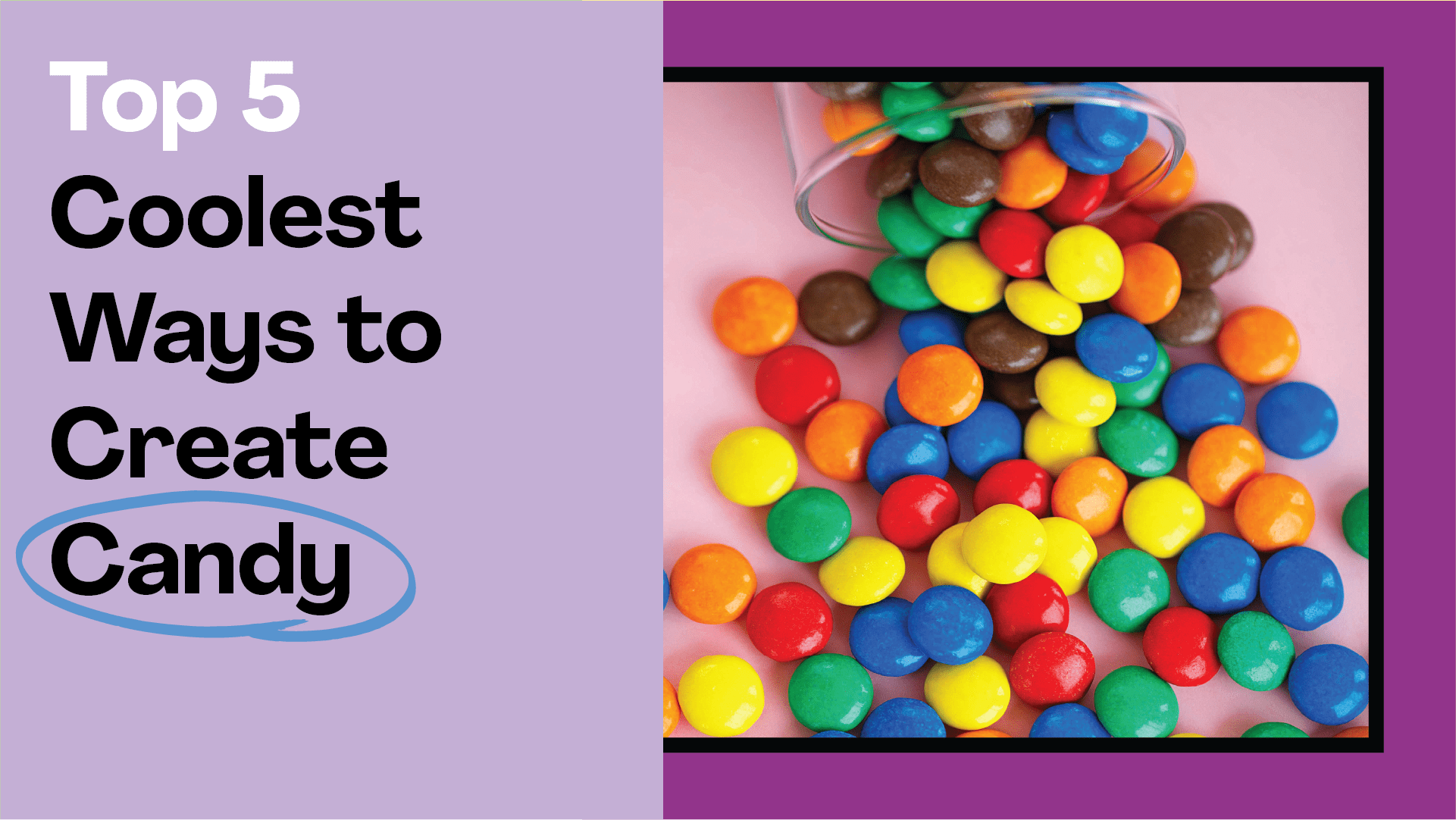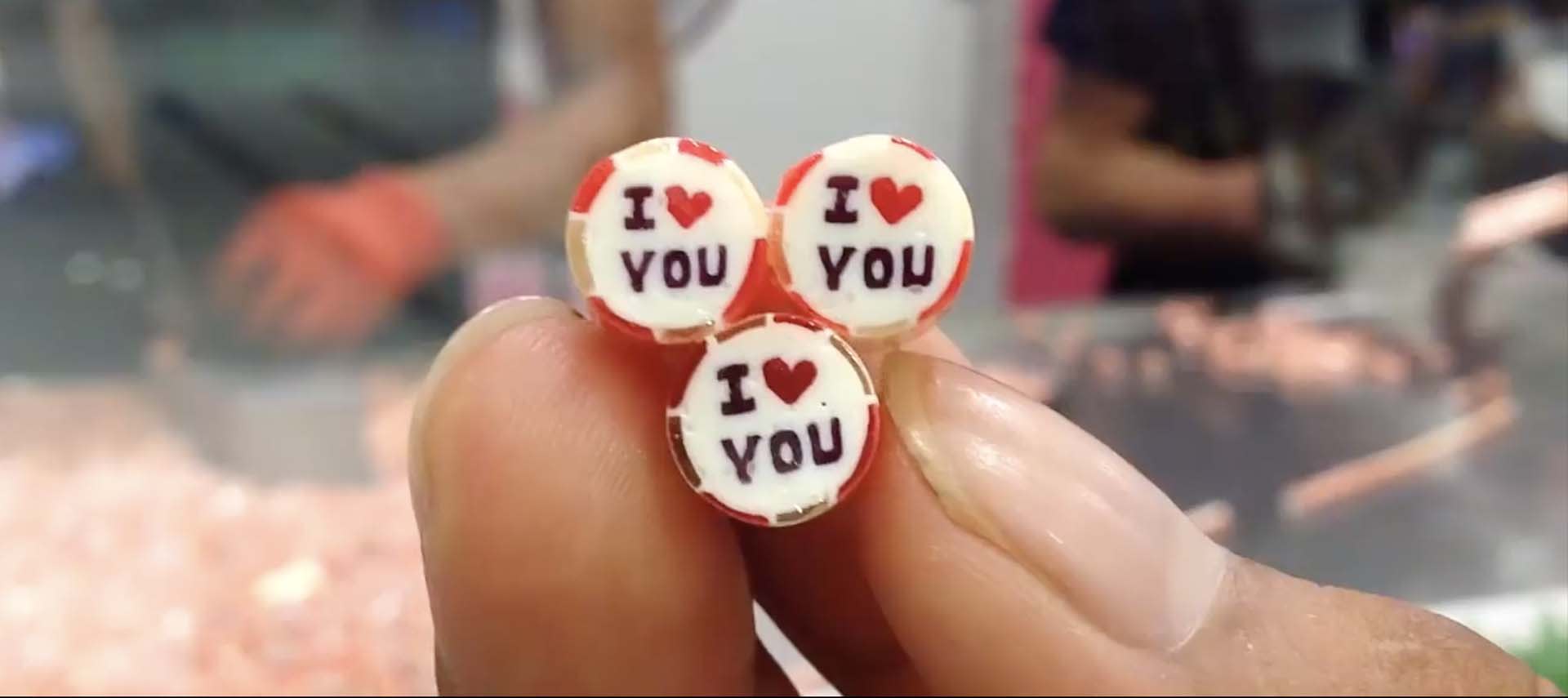Get a free trial until June 30, 2026!
New members get access to our science units, hands-on activities, mini-lessons, & more!

Please wait…
This video is having trouble loading. You may have lost your Internet connection.
Step 1: Click to Reload this page
Step 2: Click to
Try our other video player
Step 3: Contact your teacher if trouble persists.
Or,
dismiss this message.


Please wait…
This video is having trouble loading. You may have lost your Internet connection.
Step 1: Click to Reload this page
Step 2: Click to
Try our other video player
Step 3: Contact your teacher if trouble persists.
Or,
dismiss this message.


Please wait…
This video is having trouble loading. You may have lost your Internet connection.
Step 1: Click to Reload this page
Step 2: Click to
Try our other video player
Step 3: Contact your teacher if trouble persists.
Or,
dismiss this message.

Please wait…
This video is having trouble loading. You may have lost your Internet connection.
Step 1: Click to Reload this page
Step 2: Click to
Try our other video player
Step 3: Contact your teacher if trouble persists.
Or,
dismiss this message.
This log made of sugar weighs almost 100 pounds (45 kg)! What do
you think it will look like when the candy makers are done?

Please wait…
This video is having trouble loading. You may have lost your Internet connection.
Step 1: Click to Reload this page
Step 2: Click to
Try our other video player
Step 3: Contact your teacher if trouble persists.
Or,
dismiss this message.
The log is stretched and twisted and bent to make a familiar treat.
But that seems strange. If you try to stretch or bend a candy cane,
it will just break. So how do the candy makers do it?

Please wait…
This video is having trouble loading. You may have lost your Internet connection.
Step 1: Click to Reload this page
Step 2: Click to
Try our other video player
Step 3: Contact your teacher if trouble persists.
Or,
dismiss this message.
In this factory, where workers are making candy by hand, you can see
the answer. See those flames? When the candy is hot, you can
stretch and bend it. When it cools, you can’t!

Please wait…
This video is having trouble loading. You may have lost your Internet connection.
Step 1: Click to Reload this page
Step 2: Click to
Try our other video player
Step 3: Contact your teacher if trouble persists.
Or,
dismiss this message.

There’s a sweet message on each of these candies. How did it get
there? Do you think someone writes on each candy?

Please wait…
This video is having trouble loading. You may have lost your Internet connection.
Step 1: Click to Reload this page
Step 2: Click to
Try our other video player
Step 3: Contact your teacher if trouble persists.
Or,
dismiss this message.
Like candy cane makers, these workers start with a log of heated
sugar. Watch them arrange the colors inside. What happens as they
stretch the log? How could you put a picture in a candy log?

Please wait…
This video is having trouble loading. You may have lost your Internet connection.
Step 1: Click to Reload this page
Step 2: Click to
Try our other video player
Step 3: Contact your teacher if trouble persists.
Or,
dismiss this message.
There are so many possibilities! Try to figure out what will be on
these candies before the candy makers finish!

Please wait…
This video is having trouble loading. You may have lost your Internet connection.
Step 1: Click to Reload this page
Step 2: Click to
Try our other video player
Step 3: Contact your teacher if trouble persists.
Or,
dismiss this message.

Please wait…
This video is having trouble loading. You may have lost your Internet connection.
Step 1: Click to Reload this page
Step 2: Click to
Try our other video player
Step 3: Contact your teacher if trouble persists.
Or,
dismiss this message.
In this factory, sugar is beaten to make a fluffy batter and shaped
into Peeps. Like marshmallows, Peeps are soft and spongy because
they’re full of air bubbles. Here’s a weird experiment to try...

Please wait…
This video is having trouble loading. You may have lost your Internet connection.
Step 1: Click to Reload this page
Step 2: Click to
Try our other video player
Step 3: Contact your teacher if trouble persists.
Or,
dismiss this message.
You could put a Peep on a plate, and put it in a microwave for
30 seconds. (If you have an adult to help you, you could try this
yourself.) Watch what happens! Any idea why that happened?

Please wait…
This video is having trouble loading. You may have lost your Internet connection.
Step 1: Click to Reload this page
Step 2: Click to
Try our other video player
Step 3: Contact your teacher if trouble persists.
Or,
dismiss this message.
Here’s why: The microwave heats up the Peep. The sugar melts and
gets gooey. As the air bubbles that make the Peep so soft and
spongy get hot, they get bigger. And so does the Peep!

Please wait…
This video is having trouble loading. You may have lost your Internet connection.
Step 1: Click to Reload this page
Step 2: Click to
Try our other video player
Step 3: Contact your teacher if trouble persists.
Or,
dismiss this message.

Please wait…
This video is having trouble loading. You may have lost your Internet connection.
Step 1: Click to Reload this page
Step 2: Click to
Try our other video player
Step 3: Contact your teacher if trouble persists.
Or,
dismiss this message.
This hot, sweet liquid gets squeezed into containers shaped like
bears! Watch what candy you get when it cools off! What container
could you put the liquid in to get gummy WORMS instead?

Please wait…
This video is having trouble loading. You may have lost your Internet connection.
Step 1: Click to Reload this page
Step 2: Click to
Try our other video player
Step 3: Contact your teacher if trouble persists.
Or,
dismiss this message.
You need a container that’s long and skinny...like a straw! When the
liquid is cool, you can just squeeze out the gummy worm and have a
snack. Yum!

Please wait…
This video is having trouble loading. You may have lost your Internet connection.
Step 1: Click to Reload this page
Step 2: Click to
Try our other video player
Step 3: Contact your teacher if trouble persists.
Or,
dismiss this message.

Please wait…
This video is having trouble loading. You may have lost your Internet connection.
Step 1: Click to Reload this page
Step 2: Click to
Try our other video player
Step 3: Contact your teacher if trouble persists.
Or,
dismiss this message.
For hundreds of years, Japanese candy artists have been shaping
warm, sugary blobs of candy into animal shapes. Can you tell what
animals these artists are making before the video ends?

Please wait…
This video is having trouble loading. You may have lost your Internet connection.
Step 1: Click to Reload this page
Step 2: Click to
Try our other video player
Step 3: Contact your teacher if trouble persists.
Or,
dismiss this message.
Here’s another surprise: some of these candies end up looking a lot
like tiny glass sculptures. Can you tell which of these photos are of
candy animals and which are glass animals?

Please wait…
This video is having trouble loading. You may have lost your Internet connection.
Step 1: Click to Reload this page
Step 2: Click to
Try our other video player
Step 3: Contact your teacher if trouble persists.
Or,
dismiss this message.
Only one of the clear animals was made of candy! Watch this artist
make it.


Please wait…
This video is having trouble loading. You may have lost your Internet connection.
Step 1: Click to Reload this page
Step 2: Click to
Try our other video player
Step 3: Contact your teacher if trouble persists.
Or,
dismiss this message.
Voting for this episode is now closed. Would you like to vote on the most recent poll?

-
How was writing invented?
-Hayden, 3rd Grade
-
Why are you supposed to brush your teeth?
-Violet, 2nd Grade
-
Would a bike with giant wheels go faster?
-Arabella, 5th Grade






